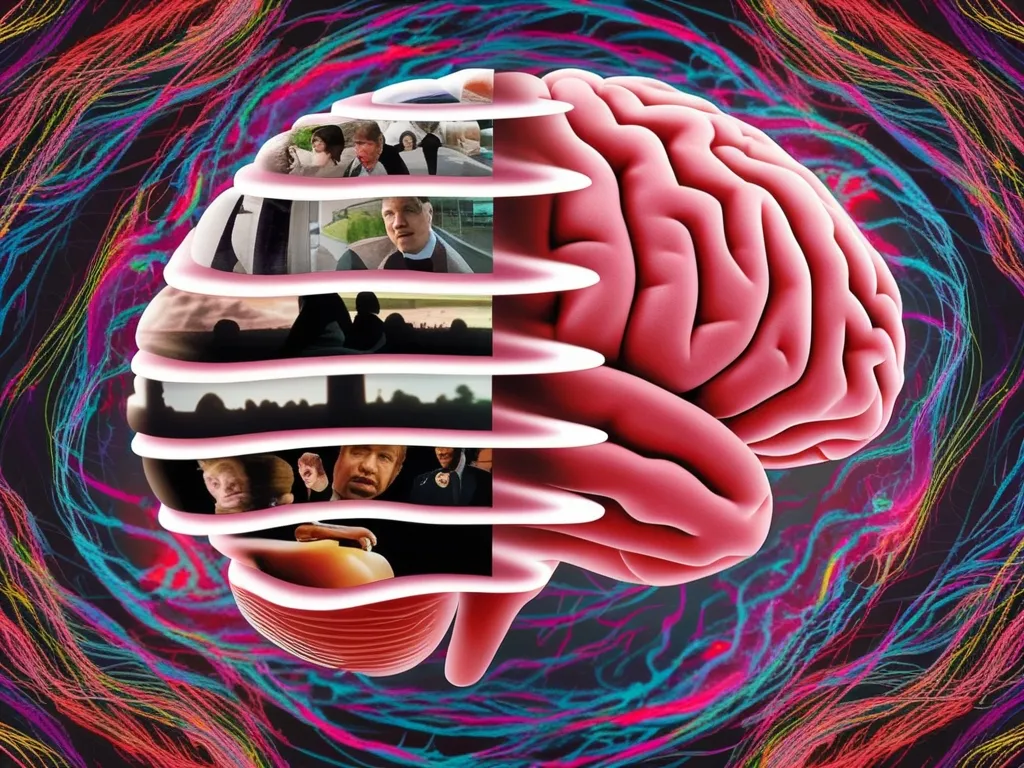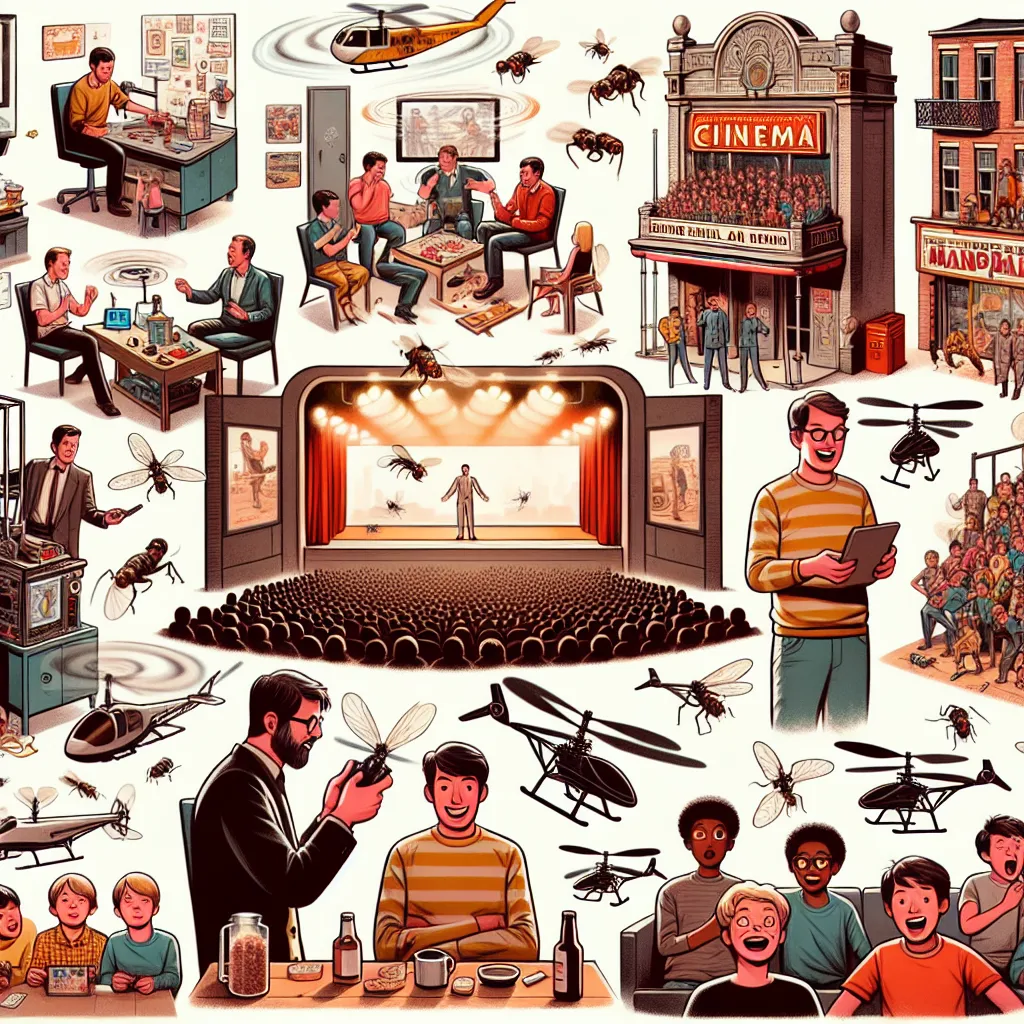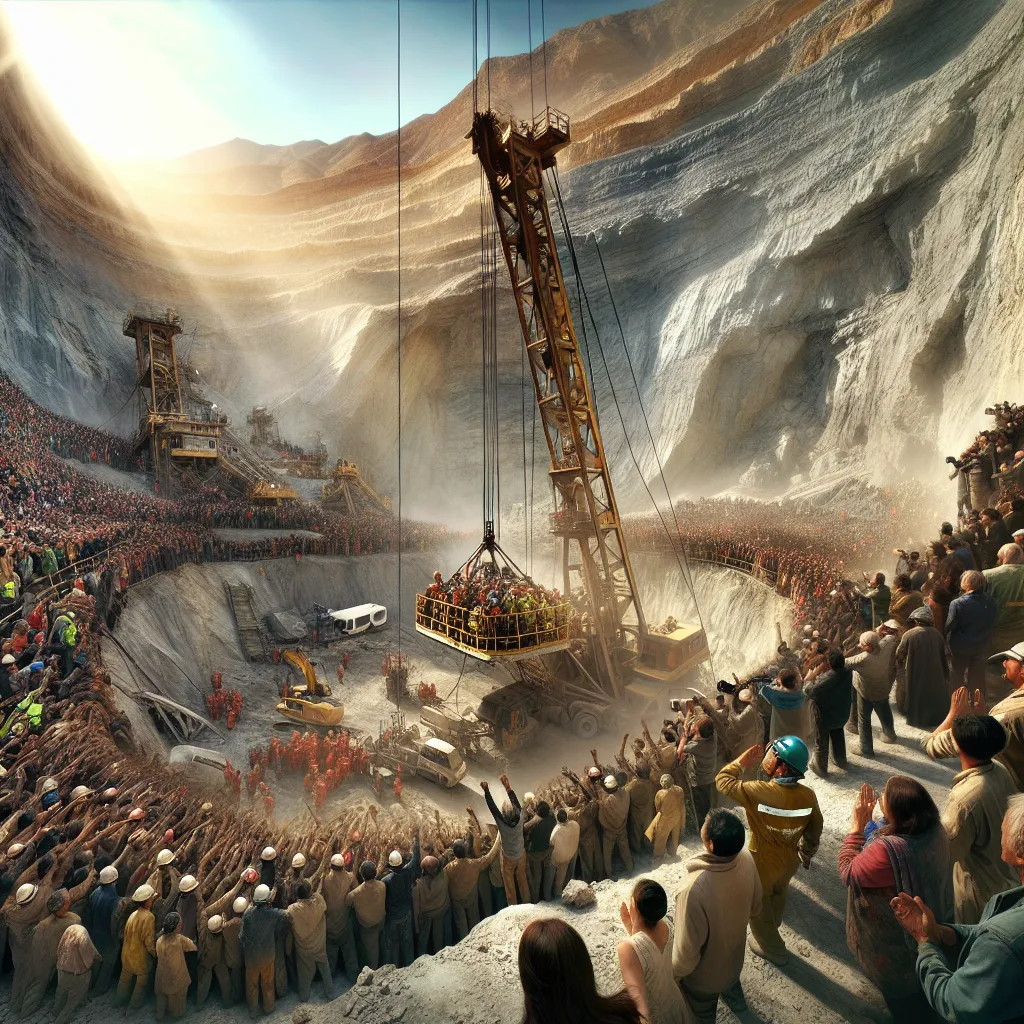Have you ever found yourself in a conversation where you and several others vividly remember an event or detail, only to discover that your memories are completely at odds with recorded history? This phenomenon, known as the Mandela Effect, has left many of us questioning the reliability of our memories and the nature of reality itself.
The term “Mandela Effect” was coined after the widespread belief that Nelson Mandela, the former President of South Africa, had died in prison in the 1980s. However, Mandela actually passed away in 2013, after serving as President from 1994 to 1999. This collective false memory sparked a wave of curiosity and debate about how such a large group of people could misremember the same event.
The Psychology of Collective False Memories
At the heart of the Mandela Effect lies the complex and often fragile nature of human memory. Our brains do not record events like a video camera; instead, they reconstruct memories from various sources, often altering them slightly each time we recall them. This process, known as memory reconstruction, can lead to some fascinating and sometimes disturbing distortions.
For instance, many people remember the children’s book series as “Berenstein Bears” instead of the correct “Berenstain Bears.” Similarly, the famous line from Star Wars is often recalled as “Luke, I am your father,” when in fact the correct line is “No, I am your father.” These examples illustrate how easily our memories can be influenced by our current knowledge, beliefs, and even gossip.
The Role of Media and Pop Culture
Media and pop culture play a significant role in shaping our collective memories. Repeated exposure to certain images or phrases in movies, TV shows, and advertising campaigns can reinforce false memories. For example, many people misremember the line from Snow White as “Mirror, mirror on the wall,” when the actual line is “Magic mirror on the wall.” This misremembering extends to brand names as well, with many recalling “Oscar Meyer” instead of “Oscar Mayer,” and remembering a non-existent cornucopia in the Fruit of the Loom logo.
Social media platforms have amplified the Mandela Effect, allowing incorrect memories to spread rapidly across large groups of people. This social reinforcement makes these false memories surprisingly persistent and widespread, raising questions about the reliability of eyewitness testimony and shared recollections.
Cognitive Biases and Suggestibility
Cognitive biases, such as confirmation bias and confabulation, are key factors in the creation and maintenance of these false memories. Confirmation bias makes us more likely to remember information that fits our pre-existing beliefs, while confabulation involves the brain fabricating or altering information to fill in memory gaps without any intention to deceive.
For example, many people remember a movie called “Shazaam” starring Sinbad as a genie, despite no such movie ever existing. This is a clear case of confabulation, where the brain fills in gaps with fabricated facts and experiences that feel real to the person remembering them.
Suggestibility also plays a crucial role. When misinformation is introduced, it can compromise the fidelity of an existing memory. This is why leading questions in legal proceedings can be so problematic; they can insert false memories or alter existing ones.
Historical Manipulation of Memory
The manipulation of collective memory is not a new phenomenon. Historically, powerful entities have altered records and photographs to reshape collective memory. For instance, during Stalin’s rule in the Soviet Union, historical records and photographs were altered to erase individuals who had fallen out of favor. Similarly, during China’s Cultural Revolution, Chairman Mao’s regime rewrote Chinese history, destroyed books, and produced new educational materials to align with party ideology.
These examples highlight how collective memories can be intentionally manipulated, adding another layer of complexity to the Mandela Effect.
The Appeal of Alternate Realities
While the scientific explanations for the Mandela Effect are compelling, the idea of alternate realities or dimensions influencing our perceptions remains a captivating one. Some proponents of the Mandela Effect suggest that these shared false memories could be evidence of parallel universes or a multiverse, where different timelines intersect.
Fiona Broome, the paranormal researcher who first coined the term, believes that she and others who remember a different past might have been in a parallel reality that somehow crossed with our current one. However, this theory, while intriguing, lacks empirical evidence and is not supported by current scientific understanding.
Neuroscientific Insights
Neuroimaging studies have provided valuable insights into how memories are encoded and retrieved, shedding light on why errors occur. The brain regions involved in memory encoding and retrieval, such as the medial temporal lobe and the prefrontal cortex, are prone to age-related changes that can increase the frequency of false memories.
Confabulation, in particular, is associated with a wide array of neurological disorders but can also occur in healthy individuals. This highlights the malleable nature of human memory and how it can be influenced by various factors.
Preventing and Minimizing the Mandela Effect
While it is impossible to completely prevent the Mandela Effect, its impact can be minimized through awareness, verification, and critical thinking. Recognizing that our memories are fallible is the first step. Fact-checking information from reliable sources before accepting or spreading it can help reduce the spread of false memories.
Critical thinking is also essential; questioning our own memories and seeking out multiple perspectives can help us distinguish between accurate recollections and false beliefs.
Conclusion
The Mandela Effect is a fascinating phenomenon that underscores the importance of critical thinking and fact-checking in today’s information-overloaded world. While it may not be evidence of alternate realities or dimensions, it certainly reveals the quirks and vulnerabilities of human memory.
By understanding how our brains work and how collective memories can be shaped by various influences, we can better navigate the complex landscape of digital information and shared experiences. The Mandela Effect serves as a reminder that our memories, though vivid and real to us, are not always reliable and can be influenced by a myriad of factors.
In the end, whether you view the Mandela Effect as a collective memory glitch or a hint at something more profound, it remains a captivating topic that challenges our understanding of memory, reality, and the human experience. So the next time you find yourself questioning a memory, remember that your brain is a dynamic, ever-changing entity, and sometimes, what feels real might not be entirely true.






